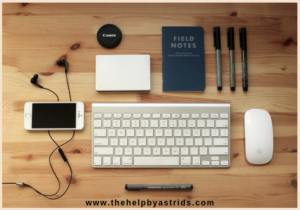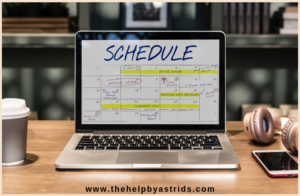
Millennials are always getting flak for being constantly on their phones. The running joke is that the millennial generation is addicted to their phones but hate getting phone calls. That may be true, but they’re not the only ones who are constantly scrolling away on their smartphones.
There’s a series of reports[1] from Pew Research Center’s Internet & American Life Project that’s been going on for quite a few years now. It explores how different generations use technology. While we can all make sweeping generalizations about how each generation uses their gadgets, and how many do they even own for that matter, this report actually has surprising data that can prove useful if you want to understand how differently your spouse, your parents, your kids, and your peers use technology.
First of all, let’s define the generations and their age range so we know who belongs to which. These are the current guidelines[2].
- Gen Z/Post Millennials: 1997 – present
- Millennials: 1981 – 1996
- Gen X: 1965 – 1980
- Baby Boomers: 1946 – 1964
- Silent Generation: 1928 – 1945
Find your birth year so you know which generation you belong to and learn some surprising facts about how your generation owns and uses gadgets. Take note that these generational distinctions aren’t an exact science though. They’re just tools used to help in analysis and reporting. Here are some of those findings.
Phones
It’s no surprise that phones top the list of most owned gadgets. You’d probably be hard-pressed to find a person who does NOT own a phone. Eighty-five percent of Americans age 18 and older own a cell phone. That’s a high number right there.
Surprise fact:
- The remaining people who do not own a phone live in a household with at least one working mobile phone. So, they may not own one, but they definitely live with someone who does own a working mobile phone.
- The only two activities that are popular for all phone owners are taking pictures and sending text messages. In fact, taking pictures tops activities more than sending text messages.
Computers
Laptop ownership has gained popularity and is slowly overtaking desktop ownership. But while the Millennial generation is the only generation more likely to own a laptop vs a desktop, Gen Xers come close. Also, more Gen Xers own a desktop than Millennials do. Desktop is still king – with more users owning desktop computers overall.
Surprise fact:
- More Baby Boomers own a desktop than Millennials. Millennials actually come in third in terms of percentage of American adults who own a desktop computer.
Game Consoles
Sixty-three percent of all adults ages 18-46 own a game console like an Xbox or Playstation. That number drops to 38% for those ages 47-56. It’s no surprise that those who are parents and with children living at home are approx 2x more likely than non-parents to own a game console.
Surprise fact:
- It’s a fun tie between Millennials and Gen X in terms of game console ownership, with 63% of each generation owning a game console.
Can you relate to any of these findings? Share your thoughts with us in the comments. Stay humble, hustle hard.
Written by Jaie O. TheHelp
[1] Millennials, Pew Research Center
[2] New Guidelines Redefine Birth Years for Millennials, Gen-X, and ‘Post-Millennials’, Mental Floss, 2018



